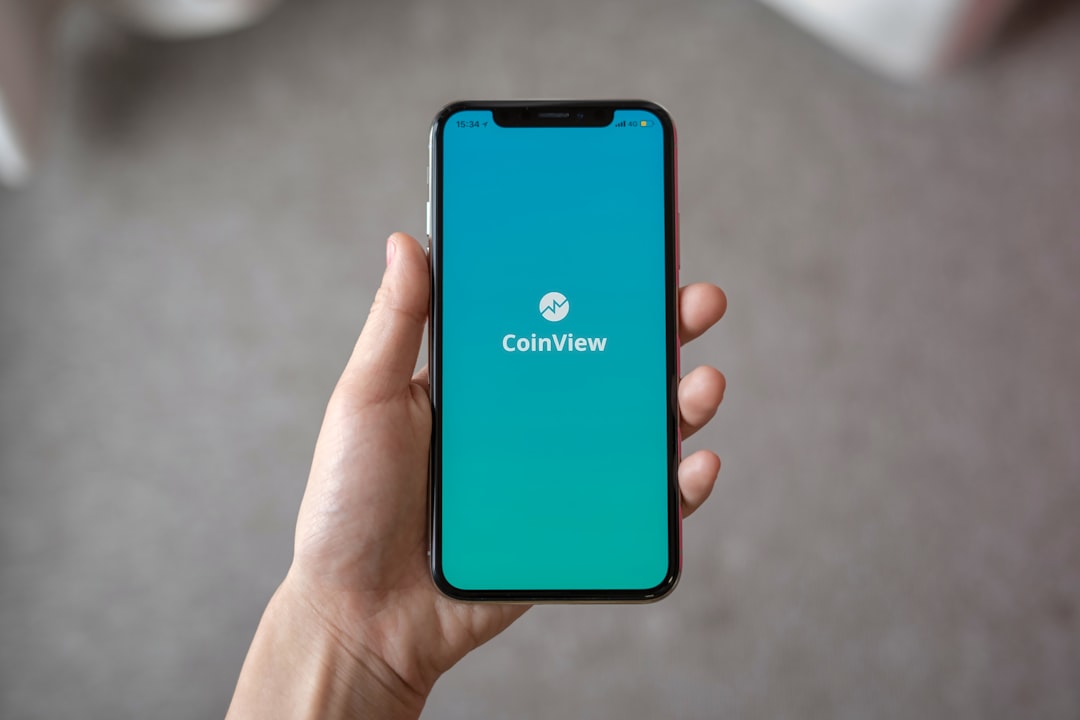Modern spam calls, both automated and live, are a growing problem. In Georgia, the Telephone Consumer Protection Act (TCPA) protects consumers from intrusive telemarketing. Workshops educate community members about their rights under the TCPA, empowering them to use Do Not Call lists, blocking apps, and reporting illegal calls. Collaborating with legal experts highlights TCPA regulations and offers practical strategies for combating spam calls. Promoting these workshops through local media, social media, and community centers reaches Georgians effectively. Interactive sessions allow residents to share experiences, ask questions, and gain insights from spam call lawyers. This approach fosters engagement and equips everyone with tools to stop spam calls in Georgia under TCPA laws.
In the digital age, spam calls have become a pervasive and frustrating issue in Georgia. With legal ramifications under the Telephone Consumer Protection Act (TCPA), it’s crucial for communities to arm themselves against these unwanted intrusions. This guide explores how to organize informative workshops on spam call prevention, targeting residents of Georgia. From identifying the need to promoting events and facilitating interactive sessions, learn effective strategies from leading spam call law firms in Georgia to empower your community against this modern nuisance.
Understanding Spam Calls and Their Legal Ramifications in Georgia

Spam calls, often characterized by automated messages or live callers pushing unwanted products and services, are a prevalent issue in today’s digital age. In Georgia, as in many states across the US, these intrusive calls have legal ramifications. The Telephone Consumer Protection Act (TCPA) is a federal law designed to curb such practices, providing protections for consumers against certain types of telemarketing calls, including automated or prerecorded messages.
Understanding the TCPA and its implications is crucial when aiming to organize community workshops on spam call prevention. A spam call lawyer or law firm in Georgia can offer valuable insights into what constitutes a violation and the potential consequences for businesses and individuals. By educating participants about their rights and the legal framework, these workshops can empower community members to take proactive steps to stop spam calls, such as registering with Do Not Call lists, using blocking apps, and reporting suspected illegal calls to relevant authorities.
Identifying the Need for Community Workshops

In today’s digital era, the influx of spam calls has become an ever-present nuisance, impacting individuals and communities across Georgia. With the rise of automated telephone marketing, many residents find themselves deluged with unwanted calls, hindering their daily lives and causing frustration. This is where community workshops step in as a vital tool to empower Georgians against this modern-day challenge. By organizing educational sessions focused on spam call prevention, residents can gain valuable insights and practical knowledge to combat this growing issue.
Community workshops play a crucial role in raising awareness about the pervasiveness of spam calls and their legal implications. In Georgia, where the Telephone Consumer Protection Act (TCPA) is in force, understanding one’s rights and the regulations surrounding telemarketing practices is essential. A spam call lawyer or law firm can collaborate with community organizers to facilitate these workshops, ensuring that participants not only learn how to stop spam calls but also understand their legal protections under Georgia’s TCPA laws. Through interactive sessions, attendees can discover effective strategies to block, report, and prevent spam calls, ultimately fostering a more informed and empowered community in the fight against unwanted telemarketing practices.
Planning Your Workshop: Content and Structure

When planning a community workshop on spam call prevention in Georgia, it’s crucial to structure your content effectively. Begin by outlining key areas that address the concerns of attendees, who may include businesses owners and concerned residents. Covering topics like the legal framework around spam calls, including the Telephone Consumer Protection Act (TCPA), is essential. Present practical strategies and tools that participants can immediately implement to stop spam calls, such as caller ID blocking, robocall filtering, and registering with the National Do Not Call Registry.
Ensure your workshop includes interactive segments like Q&A sessions and case studies to engage participants. Collaborate with local law firms specializing in spam call lawsuits (TCPA lawyers Georgia) for real-world examples and insights. This not only adds credibility but also provides valuable resources for those looking to take legal action against persistent spam callers. Tailor your content to the specific needs of your community, considering the types of spam calls most commonly received and any unique challenges faced by local businesses.
Promoting the Event: Reaching Your Target Audience

Promoting community workshops on spam call prevention is key to ensuring a successful turnout and maximizing impact. Given the prevalence of spam calls in Georgia, raising awareness among residents is essential. Utilize local media outlets, social media platforms, and community centers to reach your target audience effectively. Collaborate with local businesses, schools, and religious organizations to leverage their networks and gain exposure for your event.
Leverage the power of word-of-mouth by encouraging attendees to spread the message among friends and family. Consider offering incentives such as discounts on legal services or free educational materials to motivate participation. By employing these strategies, you can effectively promote your workshops and educate Georgians on how to stop spam calls, fostering a safer and more informed community in light of the current spam call laws and regulations.
Facilitating Interactive Sessions and Q&A

Engaging the community through interactive sessions and open forums is a powerful way to combat spam calls in Georgia. These workshops can be designed as dynamic discussions, allowing attendees to share their experiences and ask questions related to stop spam calls laws and strategies. Facilitating an open Q&A session with experts, such as lawyers specializing in TCPA cases, empowers participants to gain valuable insights and dispel common myths surrounding spam call prevention.
By creating a safe and interactive environment, residents of Georgia can learn practical tips on how to identify and block spam calls, navigate legal protections offered by the state’s anti-spam legislation, and understand their rights as consumers. This approach fosters community engagement, ensuring that everyone has access to knowledge that can effectively stop spam calls in Georgia.






